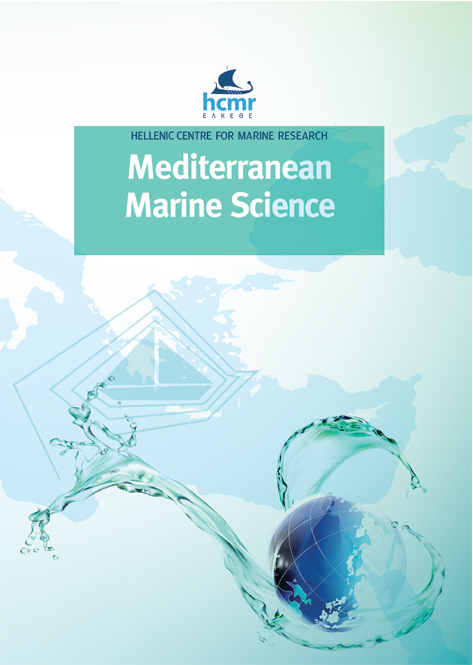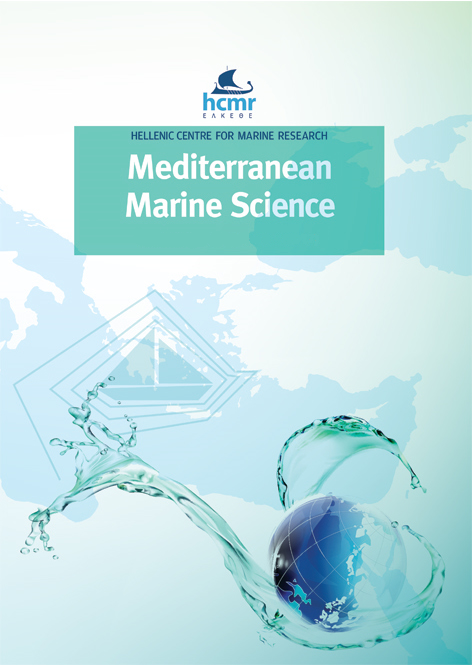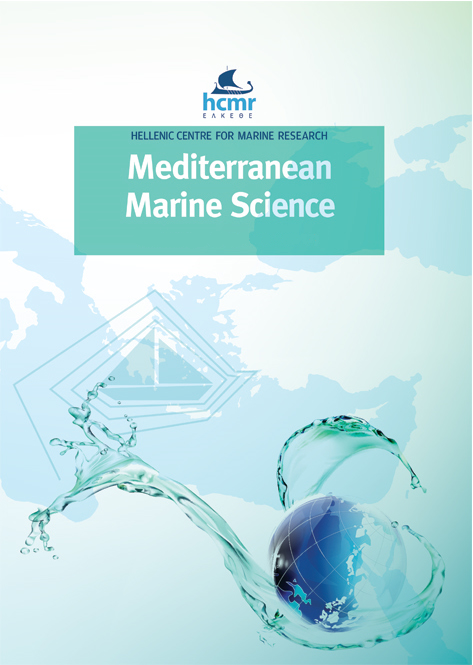A preliminary assessment of Fistularia petimba (Lacepède, 1803) migration in the Mediterranean Sea: historical and new data from Cyprus (Levantine Sea) with biological notes

Abstract
Biological invasions may pose a serious threat to ecosystems and economies. In this study, the presence of the non-indigenous species Fistularia petimba in Cyprus is documented. A total of 76 individuals were collected by bottom trawls and trammel nets in June 2020, March 2021, August 2021, and September 2021. Morphometric measurements, meristic counts, sex, stomach content, and maturity stages were recorded, and notes were made on the length-weight relationship, reproduction, and diet composition. Results from the length-weight relationship indicated a positive allometric growth (b = 3.5127). The preliminary results indicate a prolonged reproductive season, lasting from spring to autumn. The presence of two native and highly commercial fish species, Mullus barbatus and Pagellus sp. in the stomachs of F. petimba highlights the need for further dietary analysis of the species and the study of its impact on local fauna. These findings may confirm the successful establishment of F. petimba in Cyprus and indicate that this species could have similar impacts on local ecosystems as its invasive relative Fistularia commersonii.
Article Details
- Come citare
-
PAPAGEORGIOU, M., RESAIKOS, V., & PETROU, A. (2023). A preliminary assessment of Fistularia petimba (Lacepède, 1803) migration in the Mediterranean Sea: historical and new data from Cyprus (Levantine Sea) with biological notes. Mediterranean Marine Science, 24(2), 446–453. https://doi.org/10.12681/mms.29027
- Fascicolo
- V. 24 N. 2 (2023): VOL 24, No 2 (2023)
- Sezione
- Short Communication
Authors who publish with this journal agree to the following terms:
- Authors retain copyright and grant the journal right of first publication with the work simultaneously licensed under a Creative Commons Attribution Non-Commercial License that allows others to share the work with an acknowledgement of the work's authorship and initial publication in this journal.
- Authors are able to enter into separate, additional contractual arrangements for the non-exclusive distribution of the journal's published version of the work (e.g. post it to an institutional repository or publish it in a book), with an acknowledgement of its initial publication in this journal.
- Authors are permitted and encouraged to post their work online (preferably in institutional repositories or on their website) prior to and during the submission process, as it can lead to productive exchanges, as well as earlier and greater citation of published work (See The Effect of Open Access).






